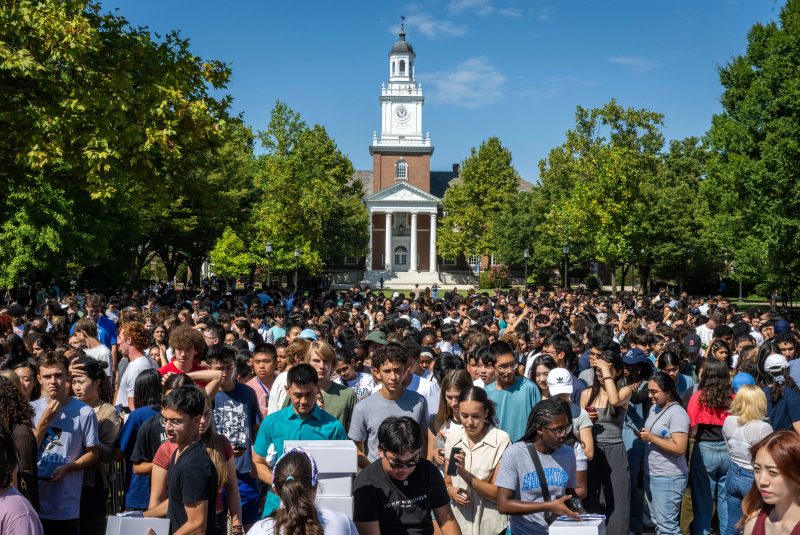In the fast-paced and ever-changing landscape of higher education, the issue of diversity has been a hot topic for decades. Institutions across the country have been striving to create more inclusive environments by focusing on diversity in all its forms. However, as time has passed, some voices have emerged cautioning against the potential pitfalls of universities focusing too much on diversity.
One of the key concerns raised is the dilution of academic rigor and intellectual standards in the pursuit of diversity. Critics argue that when colleges place too much emphasis on diversity as a factor in admissions or in shaping the curriculum, there may be a risk of lowering academic standards to accommodate a more diverse student body. This could result in a compromise of the quality of education that institutions provide, leading to subpar academic outcomes.
Moreover, some critics also worry about the unintended consequences of overemphasizing diversity. By prioritizing diversity above all else, colleges may inadvertently foster a climate where students are judged primarily based on their demographic characteristics rather than their individual merits and qualifications. This focus on identity could potentially reinforce stereotypes and limit the opportunities for genuine dialogue and understanding across different groups.
Another concern highlighted by critics is the potential for backlash against diversity initiatives. When colleges prioritize diversity to the extent that it is perceived as exclusionary towards certain groups or as compromising merit-based admissions, there is a risk of creating division and resentment within the student body and the broader community. This could undermine the very goals of promoting inclusivity and equity that diversity initiatives aim to achieve.
However, it is essential to note that the debate around diversity in colleges is multifaceted and nuanced. While there are valid concerns about the potential drawbacks of focusing too much on diversity, it is also crucial to recognize the value and benefits that a diverse student body can bring to a learning environment. Diversity can enrich academic discussions, foster creativity, promote critical thinking, and prepare students for an increasingly diverse and interconnected world.
In navigating this complex terrain, it is essential for colleges and universities to strike a balance between promoting diversity and upholding academic excellence. Institutions must be mindful of the potential pitfalls associated with excessive focus on diversity while also actively working towards creating inclusive and equitable educational environments. By fostering a culture that values both diversity and academic rigor, colleges can harness the transformative power of diversity to benefit all members of their community.
